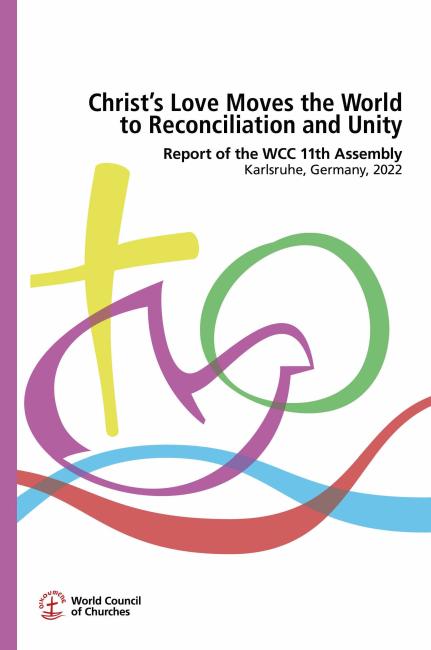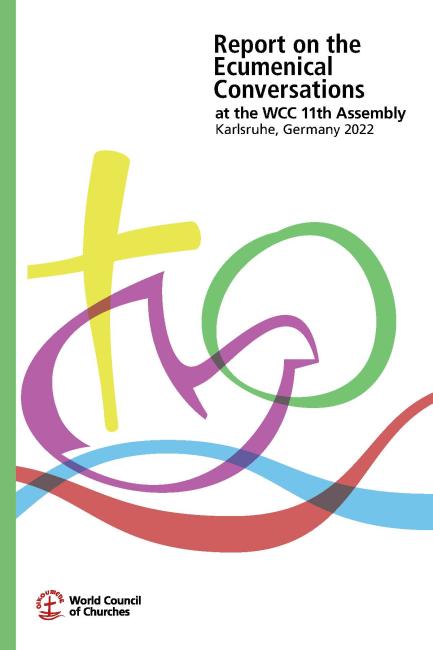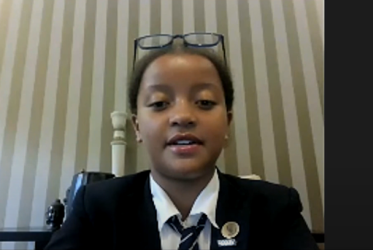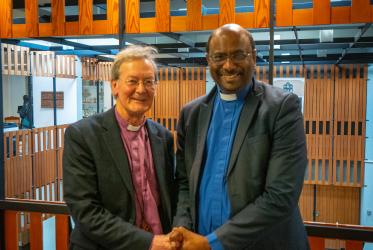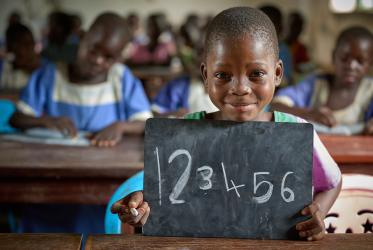Displaying 1 - 20 of 142
What can churches do to prevent modern slavery?
22 February 2024
Women and children in Gaza bearing brunt of ongoing war
16 January 2024
Ellyanne Chlystun-Githae Wanjiku to COP28: “listen more to children”
13 December 2023
Clewer Initiative, WCC map course for even stronger collaboration
02 February 2023







